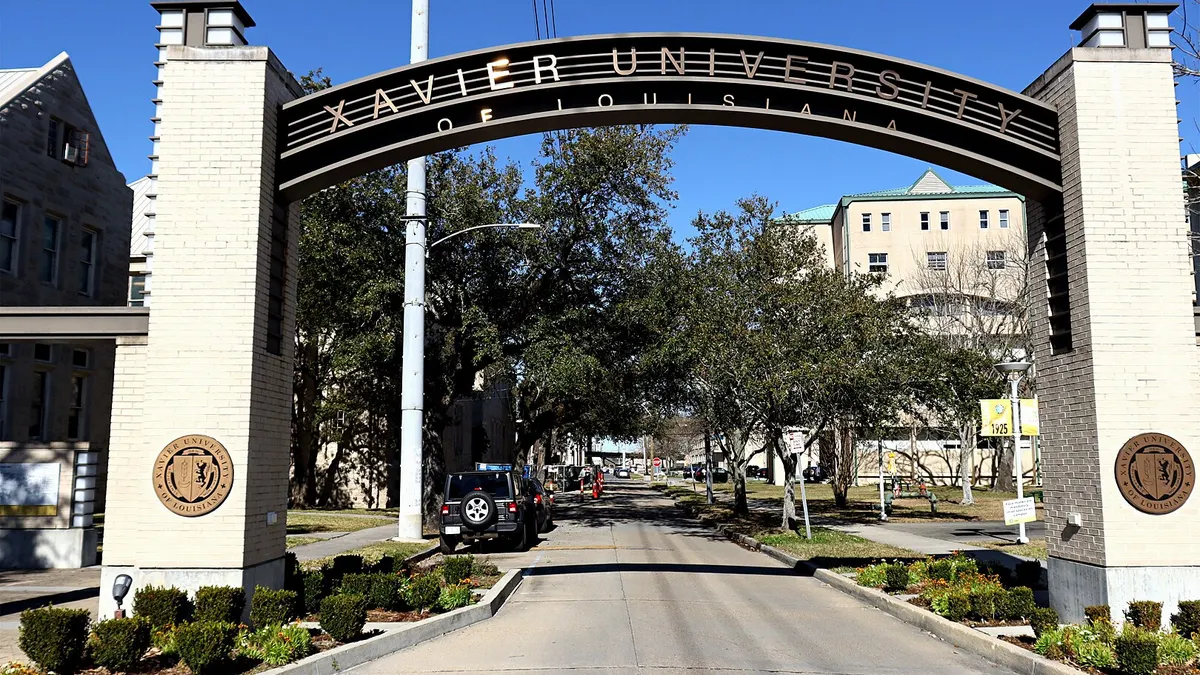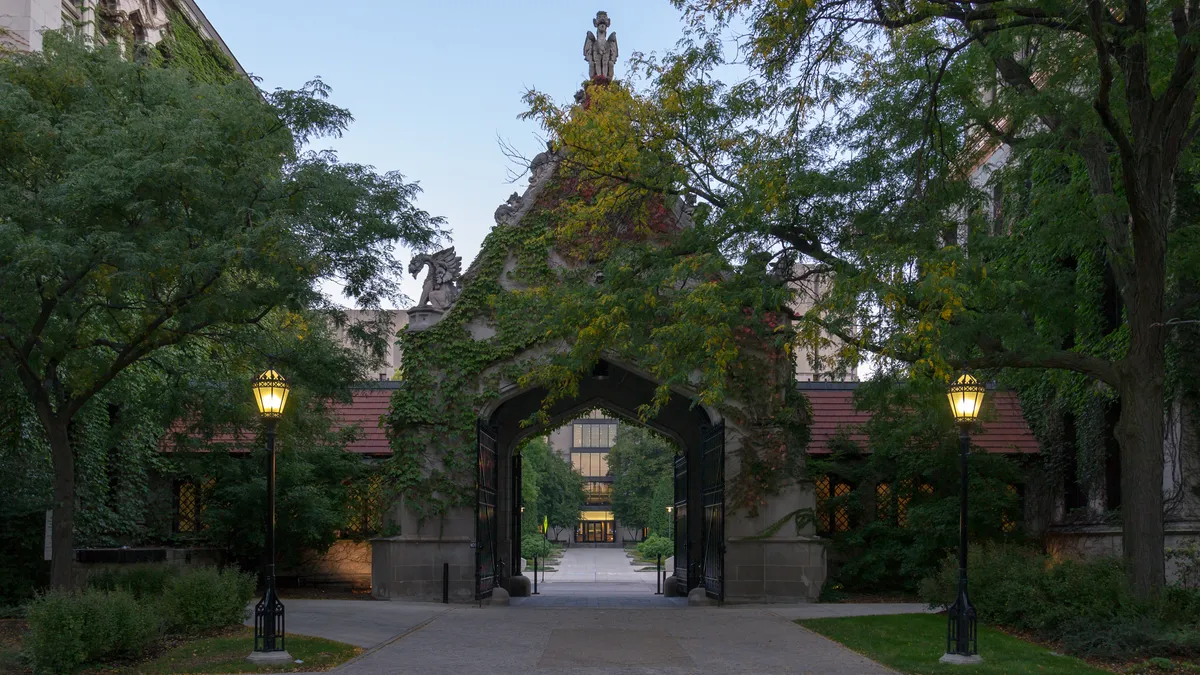Michigan State University President Lou Anna Simon resigned Wednesday after being called out in a Michigan court this week for what critics are describing as her “tone deaf” response to allegations against USA Gymnastics Team physician Larry Nassar.
Nassar was employed as a sports physician at the institution from 1997 to 2016, and several victims have claimed they reported abuse to Michigan State’s leadership team and were silenced or ignored by administrators at the university.
Those who know Simon would describe her as a fixer, a champion of women and diversity, an extremely brilliant and intuitive woman — everything but the cold, callous, tone deaf character she has been portrayed as being in the wake of what is perhaps the biggest sexual assault scandal to rock a college campus in history.
Just one week ago, the board issued a vote of support for Simon to remain on as president, and MSU Vice Chairman of the Board Joel Ferguson reiterated that stance in an interview with a local radio station earlier this week.
But groups ranging from faculty leaders to the state’s House of Representatives — and everyone in between — called on Simon to vacate her position, to which she finally acquiesced. Those who know her well speculate that Simon, the fixer who would never want to leave something of this magnitude for someone else to clean up, did so because her moral compass caused her to recognize her persistence in the position was a distraction from the victims, who were most deserving of the coverage.
On the other hand, those familiar with Ferguson know him to be arrogant and dismissive — both traits that have been on display throughout the investigation. In fact, it is perhaps the response from Ferguson in this week’s radio interview that is most corroborating of the victims’ claims against the institution that they were dismissed and ignored when they tried to bring allegations against Nassar.
"There’s so many more things going on at the university than just this Nassar thing,” Ferguson said, as he insisted it’s “wrong” to even consider that Simon would be dismissed over Nassar’s behavior, given all that she has done for the university.
In any other circumstance, and perhaps in this one too, if Ferguson had employed a different choice of words to express his support for Simon, his friend, it would have been appropriate for the board to back its top leader, at least until a full investigation into her knowledge of the incidents could be completed. But to dismiss the grave allegations against the doctor — which are detailed in more than 150 victim impact statements — as “just this Nassar thing,” makes victims' claims that they were dismissed and ignored by the institution very believable.
According to CNN, Michigan State officials claim no one believed the allegations against Nassar for years. Their admittance that they didn’t believe claims — not just that they had not been made aware of them — suggests that while perhaps it may be true that there was no conspiracy to cover up the actions, there was also certainly no effort to investigate them.
It remains to be seen just how much university administrators knew about what was going on. William Strampel, dean of the Michigan State University College of Osteopathic Medicine and Larry Nassar’s boss at the university, resigned in December citing medical reasons, and questions abound about how long Provost June Pierre Youatt will survive.
Flippant attitudes about sexual harassment
What is abundantly clear is that Michigan State leaders are exemplifying yet again that attitudes about sexual assault in higher education are entirely too flippant. For all of the higher education community’s railing against the U.S. Department of Education’s announced changes to sexual assault adjudication practices, individual leaders at institutions are still not doing enough to course-correct on their campuses.
This is deeper than failing to set a zero-tolerance, inclusive culture. This is straight ignoring, not believing, numerous claims against a single individual spanning 20 years. And this is a problem.
In fact, in 2015, Michigan State found itself the subject of a federal Title IX investigation over complaints that its response to sexual assault allegations was insufficient. The Education Department's Office for Civil Rights found university leaders failed to respond to sexual assault and harassment complaints in a timely manner and may have contributed to a "sexually hostile environment" on campus. In response, the Office for Institutional Equity was founded and tasked with investigating allegations of sexual misconduct, but by this time the damage may have already been done.
There are a number of complex layers in the Michigan State-USA Gymnastics-Larry Nassar case. But what is not complex is the importance of college and university leaders to investigate every claim of sexual assault on campus, whether or not they deem them believable.
And certainly, if multiple claims against the same person emerge, there can be no level of prestige or tenure or dollars brought in or notoriety associated that can serve as an excuse to turn a blind eye to systemic abuses by those in power against those without it.














